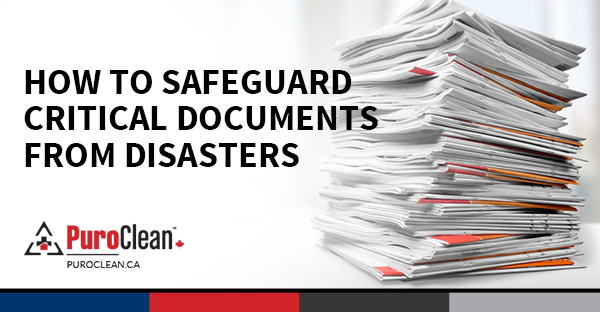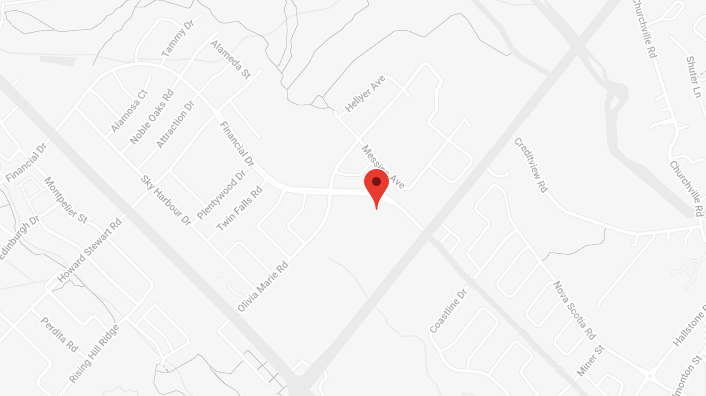How to Safeguard Critical Documents from Disasters
 In the event of a disaster, such as flood or fire, immediately evacuating the property is sometimes necessary. There may not be time to grab valuable possessions like documents, which, unfortunately, could be destroyed in the disaster. Nevertheless, protecting important documents is possible, but requires preparation. Here are several tips to keep critical documents, both physical and electronic, safe from disasters:
In the event of a disaster, such as flood or fire, immediately evacuating the property is sometimes necessary. There may not be time to grab valuable possessions like documents, which, unfortunately, could be destroyed in the disaster. Nevertheless, protecting important documents is possible, but requires preparation. Here are several tips to keep critical documents, both physical and electronic, safe from disasters:
- Taking an inventory of all important documents. Using a software application can help property owners organize information more quickly, since the number of documents may be large. Common document categories include:
- Household identification, such as IDs, birth, marriage or divorce certificates, passports, driver’s licenses, pet ownership papers, etc.
- Financial and legal documents. These can include a wide array of documents including mortgage agreement, credit cards, vehicle loans, insurance policies, utility bills, tax statements, etc.
- Medical documents. Medical information can vary greatly from person to person and may include health insurance, prescriptions, disabilities documentation or contact information for doctors.
- Keeping all physical documents in one place. Should a disaster occur in the home, it might be possible for property owners to take valuable documents with them if they are kept in one container.
- Storing documents either at home in a safe, filing cabinet or lockbox that can be easily carried in case of a disaster. However, the container should be waterproof and fireproof and kept in an accessible place. A safe deposit box at a bank is also a safe alternative for protecting critical documents.
- Making paper copies or duplicate originals of all key documents to have a backup solution in case the original documents get lost, damaged or destroyed. The copies should be stored in a different place than where the originals are kept.
- Creating electronic copies of each document and storing them in a secure online cloud storage service, a CD, or a portable storage device. Although electronic files can’t be affected by fire or flooding, the storage device or CDs must be protected.
After experiencing a home fire, or other disaster, it is essential to contact your insurance representative as soon as possible. The most important questions to ask after a fire are available here. The PuroClean team stands ready to provide professional restoration services to any property affected by fire, water or mould damage.
Follow us on Twitter, Facebook, Google+ and LinkedIn to get our notifications!


